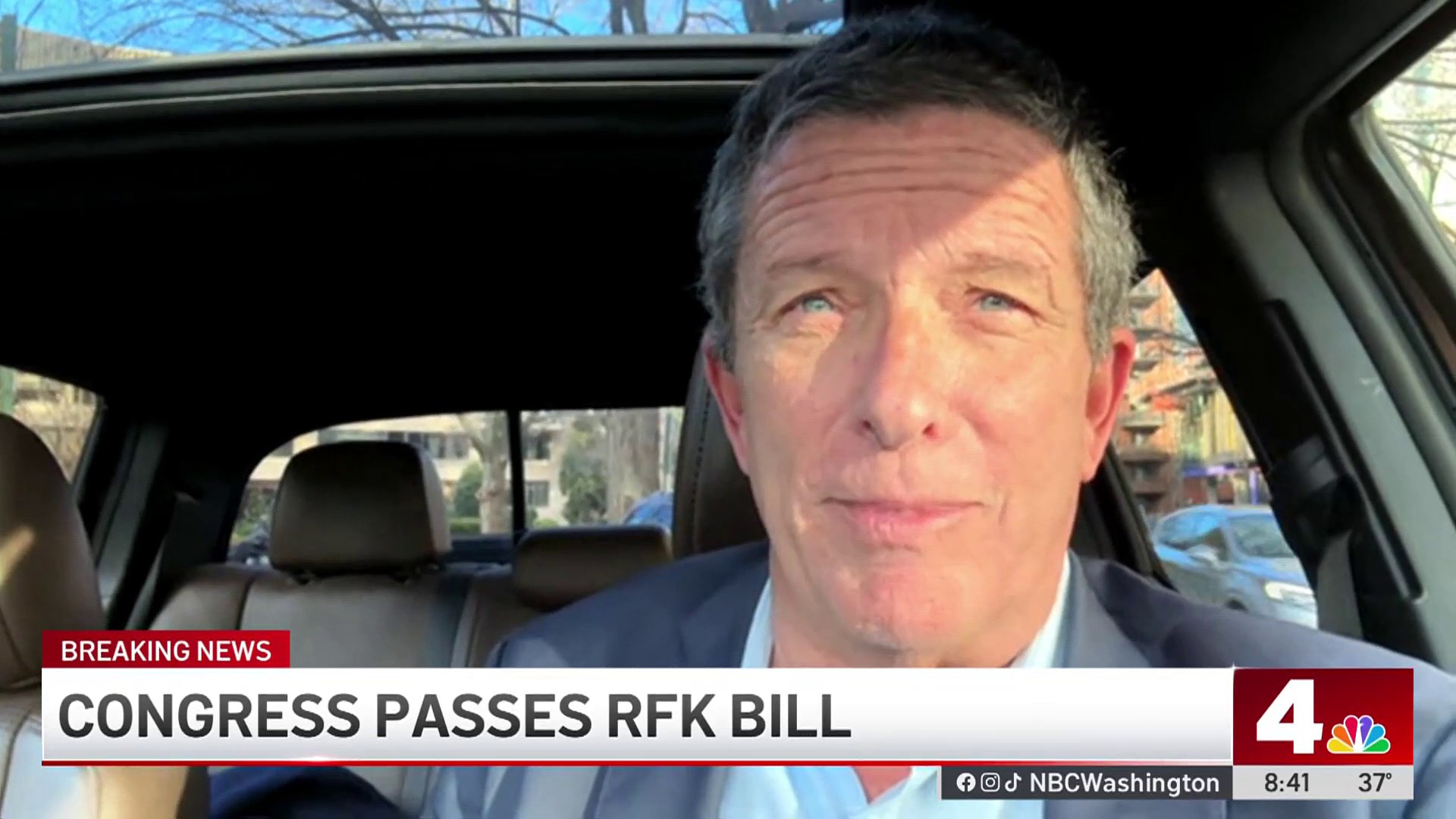The city of Greenbelt, Maryland, will take the issue of reparations to the ballot.
On Monday night, the city's council approved a referendum for a commission to study what reparations could look like for its African American and Native American residents.
Historic Old Greenbelt was one of three planned communities created under President Franklin D. Roosevelt's New Deal after the Great Depression to provide work and affordable homes.
When it was built and settled in the 1930s, the federal government wouldn't allow Black people to live there.
We've got the news you need to know to start your day. Sign up for the First & 4Most morning newsletter — delivered to your inbox daily. >Sign up here.
"The story of Greenbelt is the story of America, in many ways. From day one, African Americans were excluded from residency in the city, but, at the same, black workers were involved heavily in building this city," Greenbelt Mayor Colin Byrd said.
Byrd said the laws prohibiting African Americans from buying homes in Greenbelt cost generations access to wealth accumulation.
"If we can reconcile with that history I think we can come out a more resilient community and, frankly, a more harmonious community," Byrd said.
Local
Washington, D.C., Maryland and Virginia local news, events and information
There were tense moments Monday as the city council debated the possibility of reparations for the Black and Native American residents.
"You don't know my history. You don't know what I've gone through," Greenbelt Council member Judith Davis said during the meeting.
After months of negotiations, they voted 5 to 1 to allow residents to vote on a whether they want a commission to study and review possible reparations.
"It is so complicated and this is a prototype bill. I hope we get it right," resident Cary Coppock said.
Residents News4 spoke with said they support the discussion while understanding there is a lot to consider.
"I think that this is, no matter what, going to start really important conversations," resident Emily Frias said.
"Just to know that they are willing to listen, that would be enough for me. But if something more comes out of it, that would be even better," resident Jennifer Lynch said.
The referendum on weather to establish a commission on reparations will be on the ballot on Nov. 2.
If voters approved the referendum, the council will then appoint 21 members to a commission to research the feasibility of local reparations and how they could be established.



